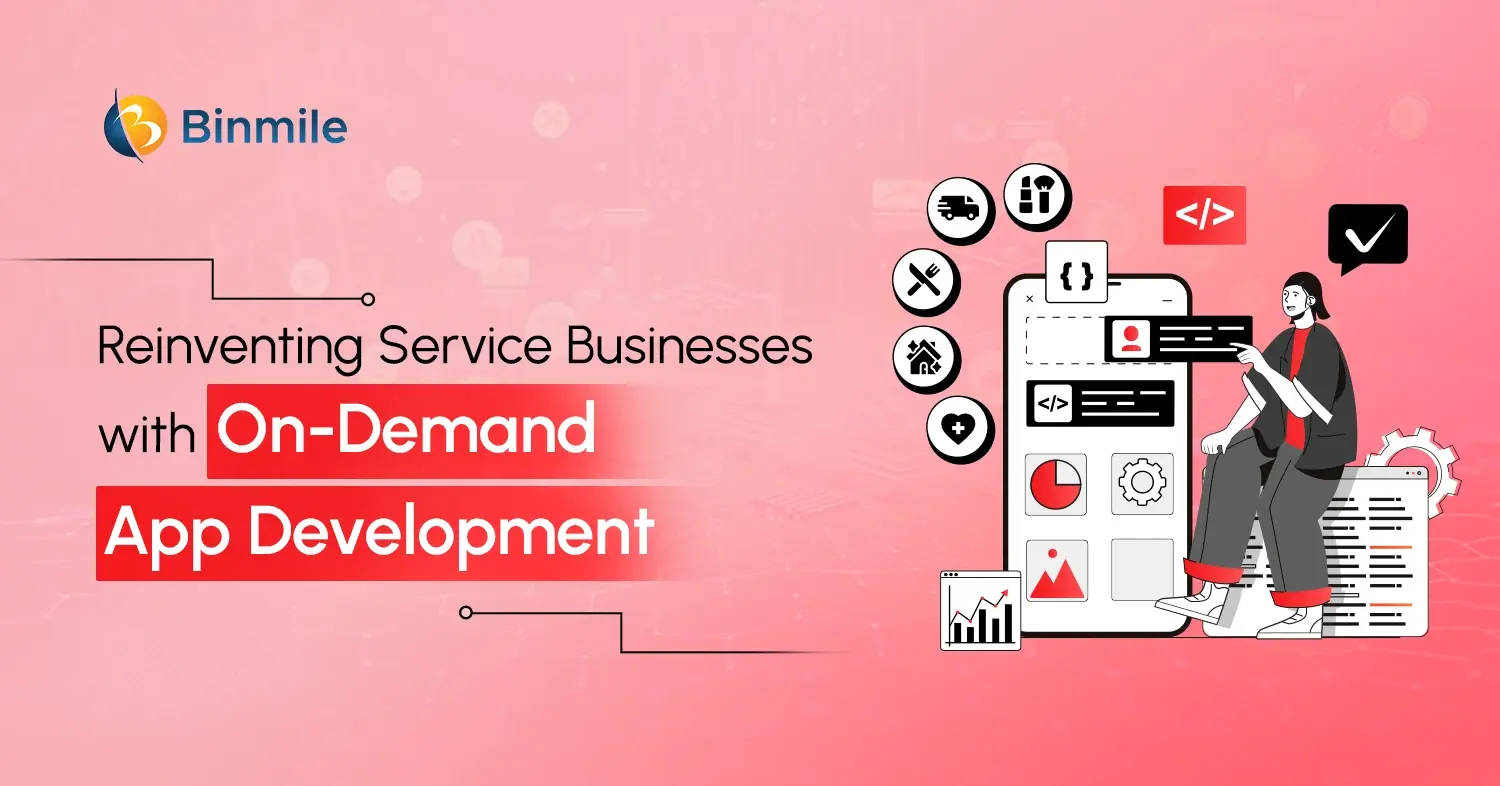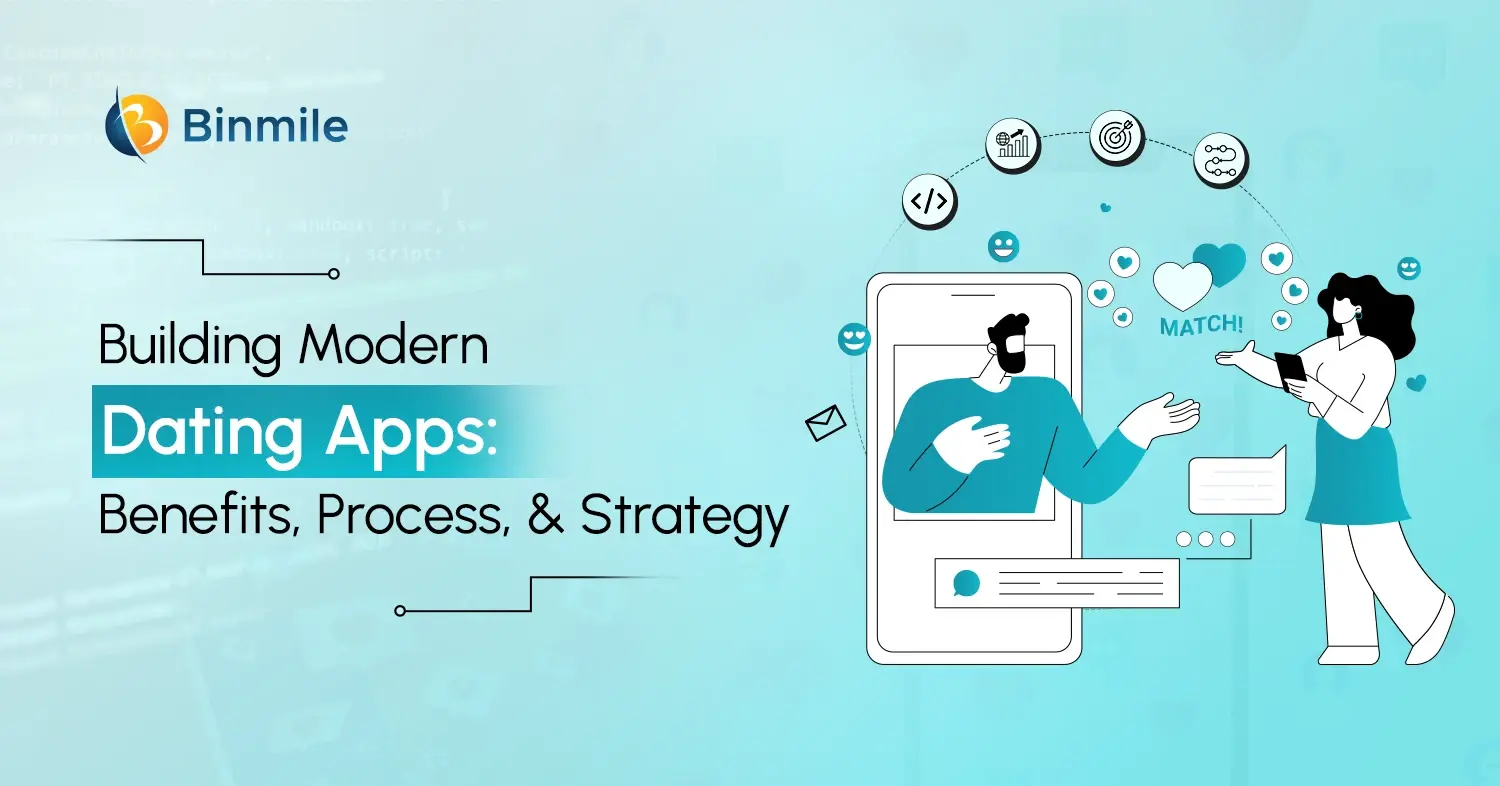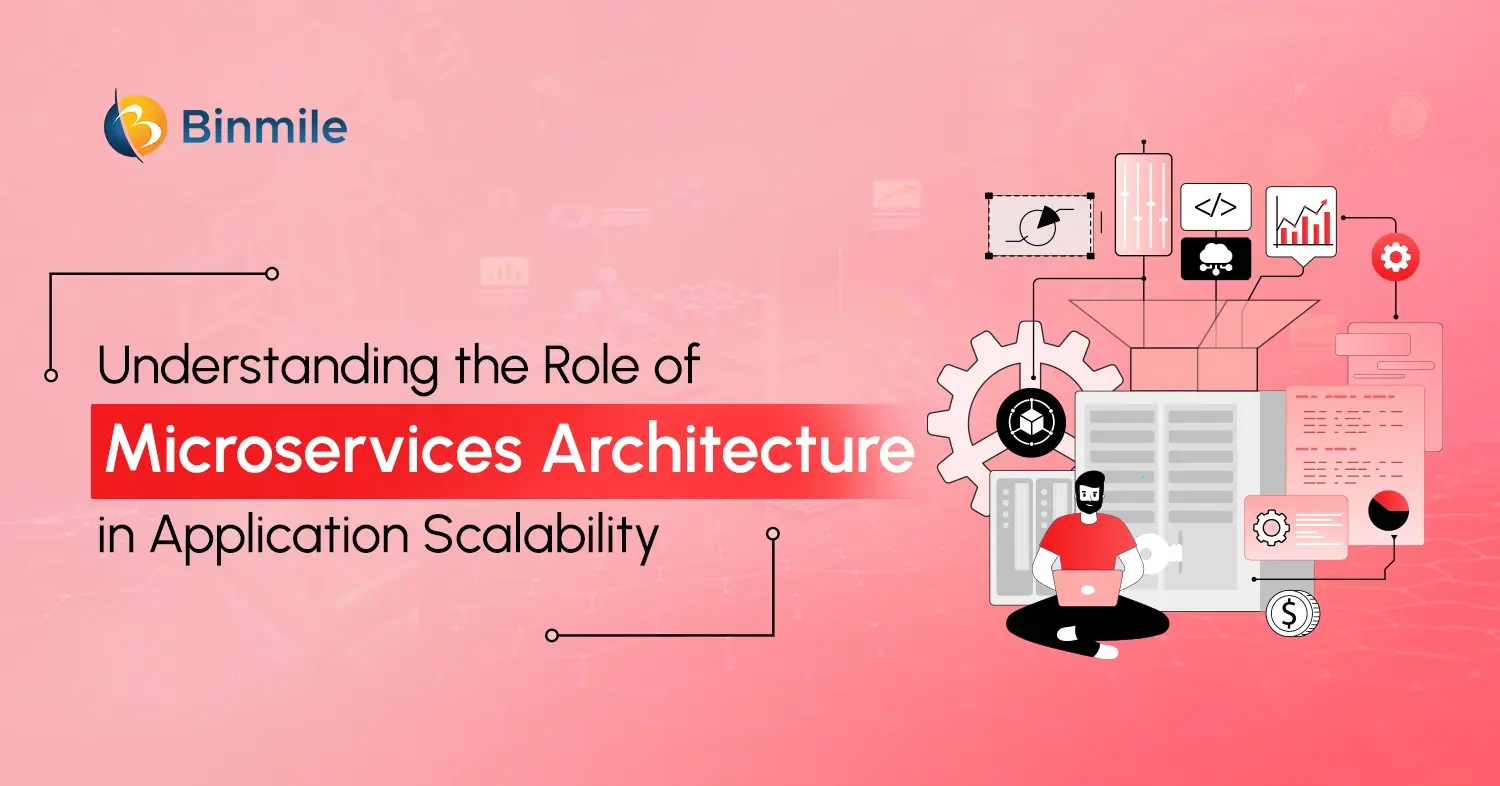Businesses that strive to reach new markets, boost brand awareness, and improve operational efficiency choose mobile app development services. Apps have not only helped businesses nurture deeper relationships with tech-savvy users but also helped them stay competitive, relevant, and innovative in the digital era. However, with the emergence of advanced technologies such as artificial intelligence, IoT, or even blockchain technology, businesses can not just have any app built for them. They often face a dilemma: DApps vs Apps or Should they opt for a traditional centralized app, or turn to a decentralized application?
Decentralized applications are part of Web3 development and offer great potential to transform industries, transactions, and even ways of life. Under this technology, there’s a shift in control from corporations or singular entities to users, which significantly improves privacy, transparency, and efficiency. However, that doesn’t mean centralized apps aren’t any better. Centralized applications provide familiarity with well-established structures. Since these apps rely on centralized servers to store and manage the data, they also offer streamlined management over functionalities and user interactions. So what should you choose for your business? Both types of app development services come with their pros and cons. We’ve got you covered!
Boost Your Business: Decoding the Differences Between DApps and Apps
Let’s begin with understanding what are these apps, their benefits, and how they work before we jump into dissecting the key difference between them.
What is a DApp in Blockchain?
DApps or decentralized applications are a type of application that runs on a decentralized network, such as a blockchain solution. By decentralized network, we mean applications that operate through blockchain or peer-to-peer network of computers instead of on a single computer or network. Therefore, these kinds of apps are outside the purview and control of a single authority. Some of the benefits included are:
- Decentralized
- Cost-effectiveness
- Highly secured
- Reduces the time and effort
What are the examples of DApps? These apps can be seen in many forms, including social media platforms, gaming apps, financial tools, and more. You may be wondering how DApps work. In DApps, the user doesn’t download an app but pays the developer a certain amount of value such as cryptocurrency to download a “smart contract,” or source code. Smart contracts are secure, transparent, and tamper-proof, making them ideal for complex business transactions that require trust and accuracy.
What are Centralized Apps?
These applications are the opposite of what DApps are and how they work. They run on a single or central server and are often owned by a single entity. How does it work? A user downloads a copy of the app, and the app works by sending and receiving information from the server or a cluster of servers.
DApps vs Apps: What Are Their Differences?
The choice between DApps and Apps or CApps depends on your business needs, objectives, or budget. However, we can still list out a few differences that you can consider before making the final decision that’s tailored to your business goals.

1. Architecture:
- DApps runs on blockchain technology and allows for decentralization and transparency.
- CApps have a centralized server, which provides traditional and controlled service.
2. Control and Governance:
- Consensus mechanisms are common in DApps because such systems limit the power of a single entity.
- CApps are centralized, allowing for more direct supervision of an individual entity or individual.
3. Security:
- The DApps offer rigid and nearly impenetrable security walls as it’s based on blockchain’s decentralized system that lets minimal points of entry and no single point of failure.
- The system of CApps may also be subject to vulnerabilities related to central servers, making it more prone or vulnerable to cyber-attacks.
4. Transaction Speed and Scalability:
- DApps could face slower transaction speeds and blockchain-related scalability issues.
- CApps are mostly characterized by higher transaction speeds and scalability, as they do not face the barriers of decentralized consensus.
5. Costs and Efficiency:
- DApps may be quite cost-efficient considering that they eliminate middlemen and minimize transaction fees.
- CApps can also have higher operational costs due to maintenance and infrastructure associated with the servers.
6. Innovation and Flexibility:
- DApps facilitate innovation through development and smart contracts, a more adaptable environment.
- Central approval of updates and changes might constrain innovation in CApps.
7. User Experience:
- Users may need help getting used to DApss as a vast majority of them may not be familiar with blockchain technology.
- CApps offers a simpler user experience per the standard of use.
If you are interested in learning more about DApps and how they can benefit your business, let's connect!
When to Use DApps and Apps?
Both apps have their advantages and have so much to offer to businesses. However, if you need to choose between these two, it depends on your project requirement or budget. And if you want to know which one to pick over the other, we’d suggest some scenarios to make the choice much easier for you.
- DApps are best when you need to ensure complete transparency of all transactions and grant users full control and ownership of their data and assets.
- On the other hand, opt for CApps when you need centralized control, faster development, and a seamless user experience.
- DApps are meant for projects that need a high level of user trust or security, for example, B2B and B2C platforms for customer/seller transactions.
- If your main focus is usability and agility, we recommend you choose regular apps or web app development services.
Making the Switch: How to Transition from Apps to DApps in Your Business Strategy

- Strategically assess your business processes and identify areas where decentralization is required and then align DApps with your goals.
- Collaborate with blockchain developers to understand the technical requirements and feasibility of transitioning to decentralized infrastructure.
- Educate your team on blockchain technology and its implications, ensuring a smooth transition and fostering a decentralized mindset.
- Gradually integrate DApps into your existing systems, starting with non-critical processes to minimize potential disruptions.
- Communicate transparently with stakeholders about the shift, emphasizing the benefits of decentralization and addressing any concerns to garner support.
- Keep monitoring the progress and performance of the apps and conduct regular maintenance and updates for uninterrupted operational efficiency.
Closing Statement
We understand how both Decentralized Applications (DApps) and Centralized Apps (CApps) come with their distinct approaches in the digital landscape. They both have some positives and disadvantages, however, both intend to streamline your operations and offer an enhanced user experience. And no matter what we discuss ultimately, the choice between DApps vs CApps depends a lot on what your business needs in terms of goals, industry dynamics, and user expectations. That’s why we shared a few key differences in the debate of DApps vs CApps: which one is better for your business? Evaluating and considering these factors will surely help you come to an informed decision that boosts your performance, and profit margins and aligns with your user’s expectations and business values.
If you’re looking for a leading software development company, we can help you build, deploy, and maintain DApps that are scalable, cost-effective, and deliver maximum value to our clients.
Frequently Asked Questions
DApps, or decentralized applications, revolutionize decentralization by operating on blockchain technology. They eliminate the need for a central authority, distributing control among users. This ensures transparency, and security, and reduces the risk of a single point of failure.
Centralized applications (CApps) often offer greater scalability for large enterprises. With a centralized structure, these applications can efficiently handle a high volume of transactions and user interactions. However, it’s crucial to consider the downsides of the apps which are potential central points of failure and security concerns.
The choice between DApps and CApps depends on factors such as business objectives, industry type, or the business’s values. Go for DApps, when you wish to get decentralized and secure nature, thus prioritizing transparency. On the other hand, CApps might be preferable for enterprises seeking scalability and centralized control over their operations.









